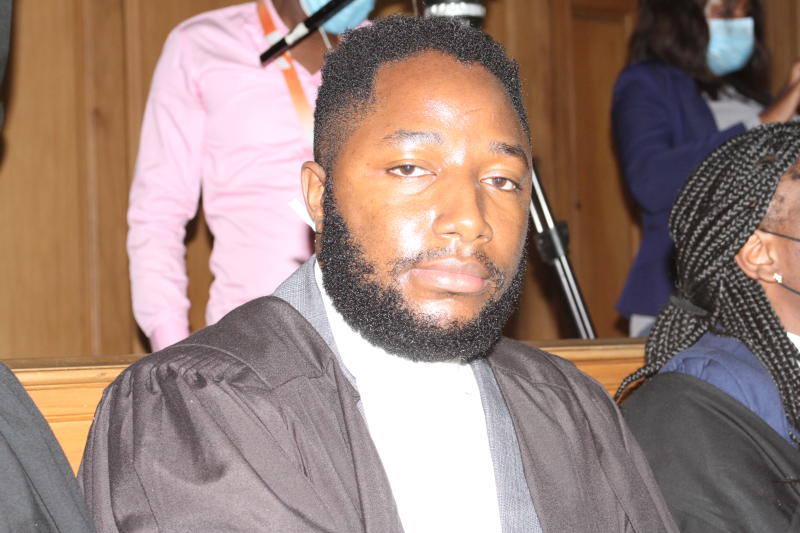×
The Standard e-Paper
Fearless, Trusted News

Lawyer Morara Omoke. [Collins Kweyu, Standard]
His luxuriant but neatly-trimmed beard and stylish haircut when he appeared in the BBI hearings in the past three days got Kenyans talking.